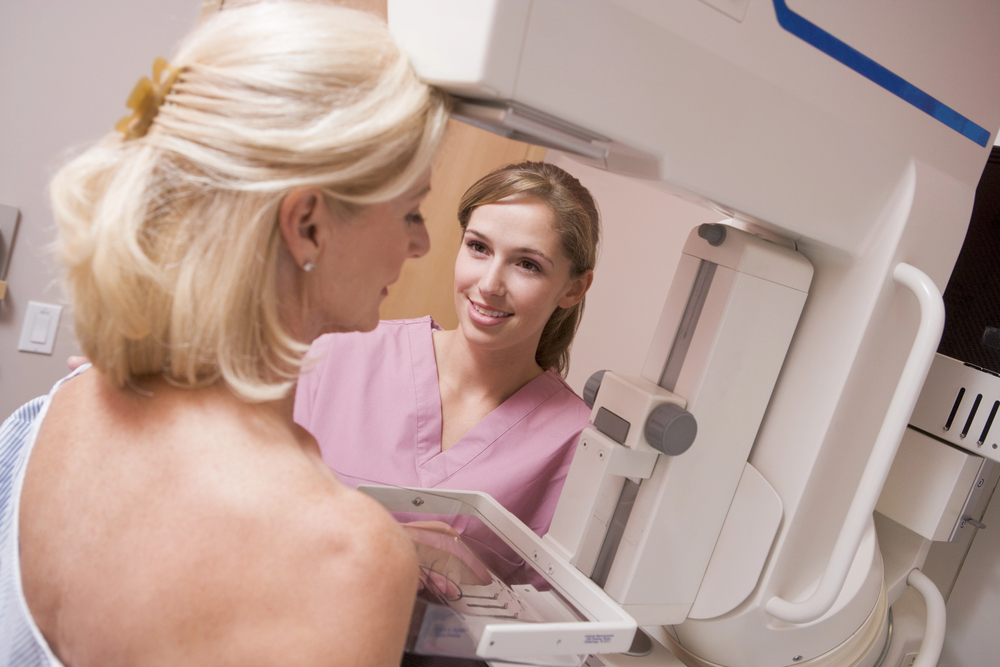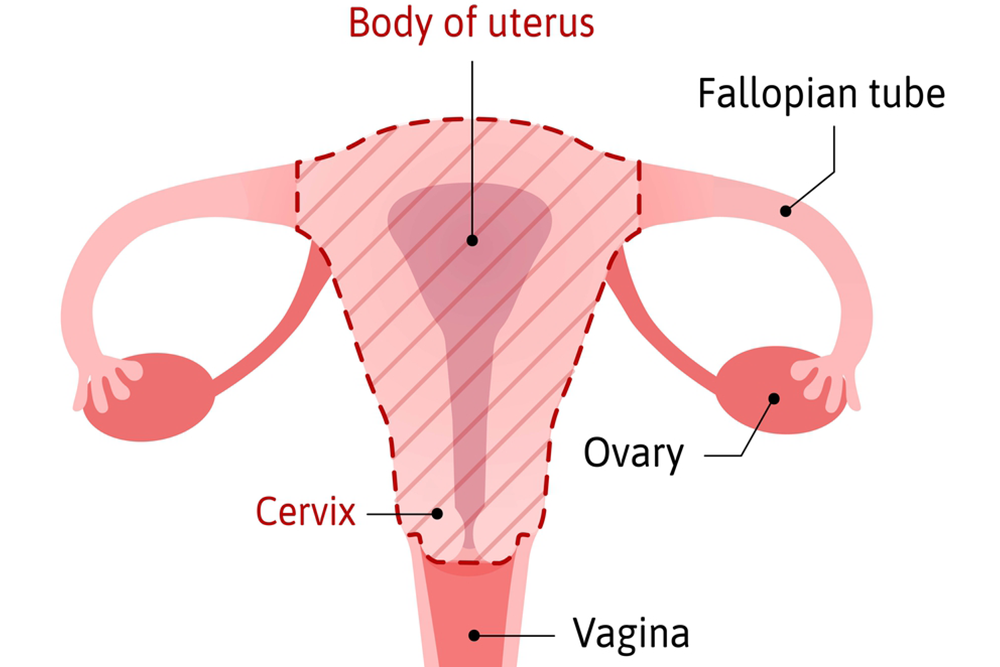
Understanding Your Mammogram Results
Interpreting mammogram results can be an emotional and confusing process for many women. These results...
Read MoreFew women look forward to their monthly period. But if you regularly experience mood swings, irritability, and crankiness as your period approaches, it can make you dread that time of the month even more.
If you find yourself struggling with anger, moodiness, or other symptoms that interfere with your life every time you get your period, don’t wait to seek help. Our gynecology team at The Women’s Center specializes in treating premenstrual syndrome (PMS) and other menstrual problems.
Many women notice changes in the way they feel in the days before and during their periods, but we’re here to help you recognize when your symptoms could be a sign of a treatable medical condition like PMS.
Hormones are specialized chemicals in your body that control a variety of functions, including your menstrual cycle. Estrogen and progesterone are the primary hormones that control female sexual characteristics, reproduction, and your menstrual cycle.
During certain times of the month, these hormone levels increase. This fluctuation, combined with ovarian steroids, can change the way you feel mentally, emotionally, and physically.
Along with elevated estrogen and progesterone levels, serotonin levels in your brain may change as your menstrual period approaches. Serotonin is a brain chemical that’s responsible for mood, and it could be linked to some of the mood-related changes that are common in the days before and during your period.
Fluctuating hormone and serotonin levels play a role in PMS symptoms, but it’s not clear exactly what causes these bothersome side effects. Some women may be more likely to have severe symptoms if they have a history of depression, anxiety, or other menstrual conditions.
PMS is a very common medical condition. In fact, more than 90% of women who get periods experience symptoms of PMS.
Symptoms vary from woman to woman, and even from month to month. Some of the most common signs of PMS include:
You might notice symptoms begin to appear a week before your period starts, and they can last for the first few days of your period too. Not every symptom is severe enough to disrupt your daily life, but anywhere from 20-32% of women suffer more severe PMS symptoms.
Up to 8% of women may have a more severe type of PMS that’s called premenstrual dysmorphic disorder (PMDD). The symptoms between PMS and PMDD often overlap, but PMDD is characterized by extreme moodiness, anger, depression, or anxiety.
PMS causes bothersome symptoms, but if you have PMDD, the symptoms may be so severe that they interfere with your relationships and ability to perform your daily responsibilities at home, work, or school.
PMS and PMDD can interfere with your life, but treatment can make a big difference in helping you keep your symptoms under control. Our team at The Women’s Center offers comprehensive care to help you feel your best.
There’s not one single test to diagnose PMS. Our team reaches a diagnosis after doing a physical exam and reviewing your health history and symptoms. Depending on the severity of your condition, we may recommend lifestyle changes like regular exercise.
Some women may benefit from nutritional supplements. Hormonal birth control can regulate hormone levels and your menstrual cycle to reduce bothersome symptoms. If you have an underlying mental health condition like depression, antidepressant medication could also improve PMS or PMDD symptoms.
Irritability is a common side effect of periods, but you don’t have to suffer through those mood swings alone. Find expert care for PMS and other menstrual conditions at The Women’s Center.
Contact our team online or call for an appointment at one of our offices in Orlando, St. Cloud, Altamonte Springs, Oviedo, Ocoee, Winter Park and Celebration, Florida. .




Interpreting mammogram results can be an emotional and confusing process for many women. These results...
Read More
Hysterectomy, a surgical procedure involving the removal of the uterus, is often considered a last...
Read More
Menopause marks a significant transition in a woman's life, bringing about various changes that can...
Read More